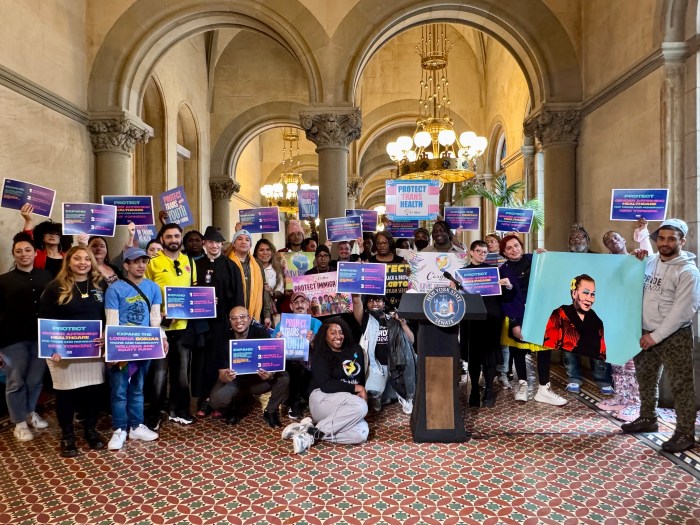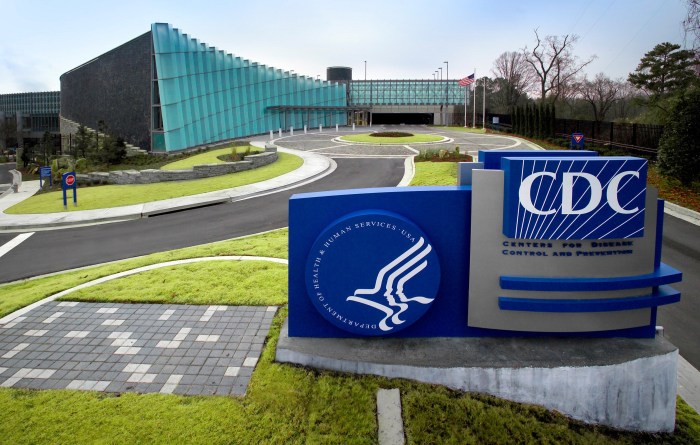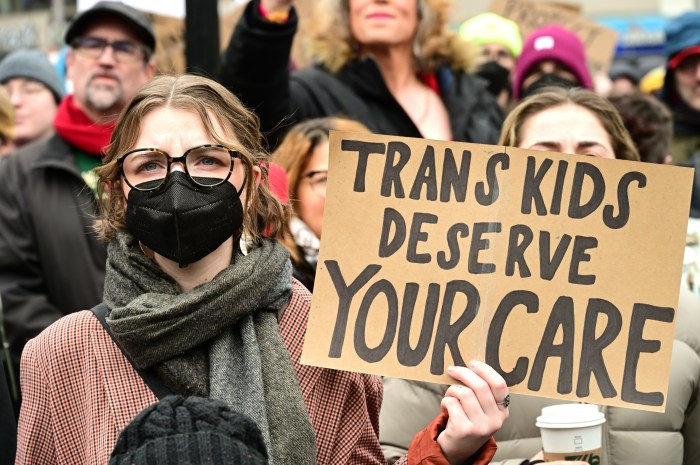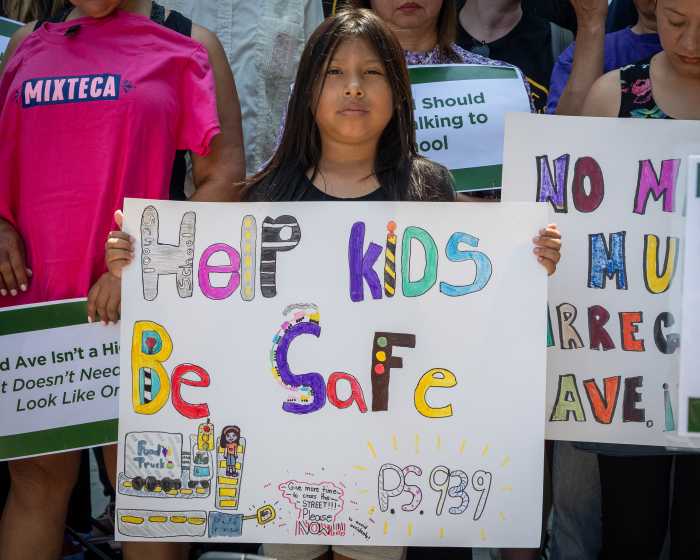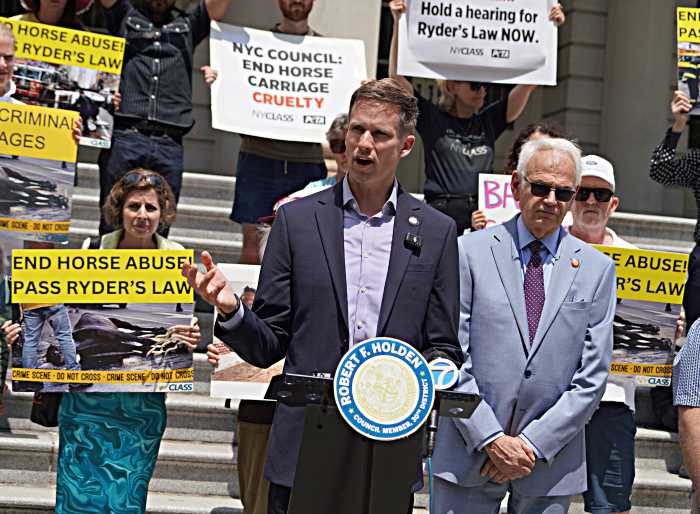The US Food and Drug Administration (FDA) on May 11 finalized a new policy allowing certain monogamous gay and bisexual to donate blood. The plan was first revealed earlier this year.
To this point, men who have sex with men have been able to donate blood if they have abstained from having sex with other men for at least three months — an incremental improvement from the 12-month deferral window that was previously in place. The restrictions stem from the FDA’s response to the HIV/AIDS crisis in 1983 when men who have sex with men were hit with a lifetime ban on blood donations.
The new policy calls for prospective blood donors to complete a questionnaire asking whether they had new or multiple sex partners in the last three months and whether they had anal sex. Individuals would be blocked from donating blood if they report a new sex partner or multiple sex partners in the last three months and have had anal sex.
People who are living with HIV and people who take PrEP or PEP would also be restricted from donating blood under the new policy. In January, the FDA had specified that there were differences in the deferral period between those taking oral PrEP and those who receive PrEP injections, but that distinction was not made in the FDA’s May 11 announcement.
The FDA justified its restrictions on people who take HIV prevention medication by insisting that research shows PrEP/PEP could delay the ability to detect HIV in blood — even though blood screening technology is very reliable.
The FDA’s new policy opens the door for more men who have sex with men to donate blood, though many men in the community will continue to face barriers. HIV-negative people who have multiple sex partners and only have vaginal sex would be eligible to donate blood.
The new policy was partly driven by demand for blood donations in recent years due to blood supply shortages. The latest update follows the completion of the ADVANCE study, which further evaluated the risks associated with blood donation. Out Congressmember Ritchie Torres of the Bronx told Gay City News that President Joe Biden — who met with Torres to discuss this year — was hesitant to directly intervene in the policy issue because he wanted to respect the FDA’s process.
“The FDA has worked diligently to evaluate our policies and ensure we had the scientific evidence to support individual risk assessment for donor eligibility while maintaining appropriate safeguards to protect recipients of blood products,” Dr. Peter Marks, director of the FDA’s Center for Biologics Evaluation and Research, said in a written statement. “The implementation of these recommendations will represent a significant milestone for the agency and the LGBTQI+ community. The FDA is committed to working closely with the blood collection industry to help ensure timely implementation of the new recommendations and we will continue to monitor the safety of the blood supply once this individual risk-based approach is in place.”
The Congressional Equality Caucus praised the FDA after announcing the new policy but also made it clear that more progress is needed.
“For far too long, the federal government used outdated and unscientific fears to determine who can and cannot give blood,” Equality Caucus Chair Mark Pocan of Wisconsin said in a written statement. “The FDA’s final recommendation on blood donation eligibility is an important step forward in creating guidance that screens all people for blood donations based on the science of virus transmission rather than a person’s sexuality or how they identify. This recommendation aligns with the LGBTQI+ community’s long-term request for individualized risk-based assessments. My colleagues and I commend these final recommendations and urge the FDA to continue to invest in improvements in testing and pathogen reduction technologies so they can remove further barriers that may still prevent some LGBTQI+ people from donating blood.”
GMHC, an HIV/AIDS service organization based in New York City, described the FDA’s policy as “an important step in the right direction,” but presented several questions to the FDA about parts of the policy — including how they reached their conclusions in their research. For one, GMHC asks the FDA to disclose the data used to determine the risk of a false negative on an HIV test. Another question asks why the FDA recommends a three-month deferral if a nucleic acid test can detect HIV from 10 to 33 days after exposure.
“Condoms and PrEP are cornerstones of HIV prevention,” GMHC’s vice president of communications and policy, Jason Cianciotto, said in a written statement. “Yet, the FDA provides no guidance or information to HIV and AIDS services organizations like GMHC on how to explain to the public why we encourage them to use PrEP and/or condoms to prevent HIV, while, on the other hand, the FDA says that they still cannot donate blood because they present a higher risk for HIV. GMHC will continue to advocate for the FDA to update its blood donation policy so that it does not contribute to HIV stigma and does not undermine condoms and PrEP for prevention.”

